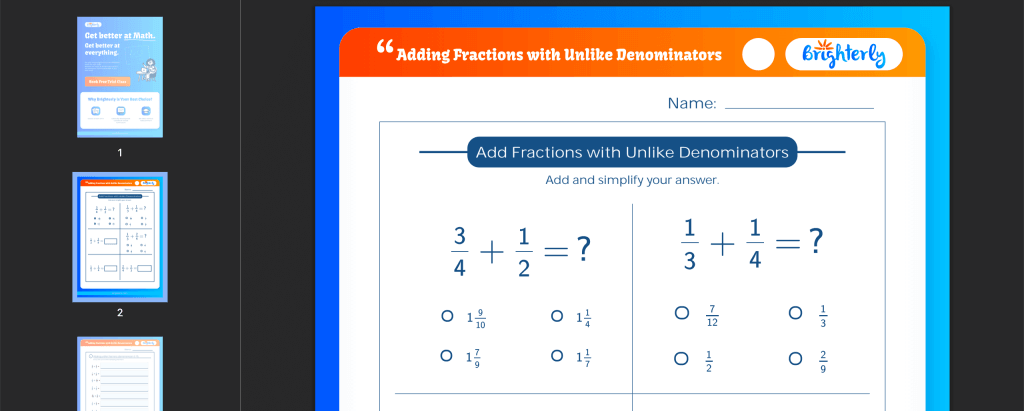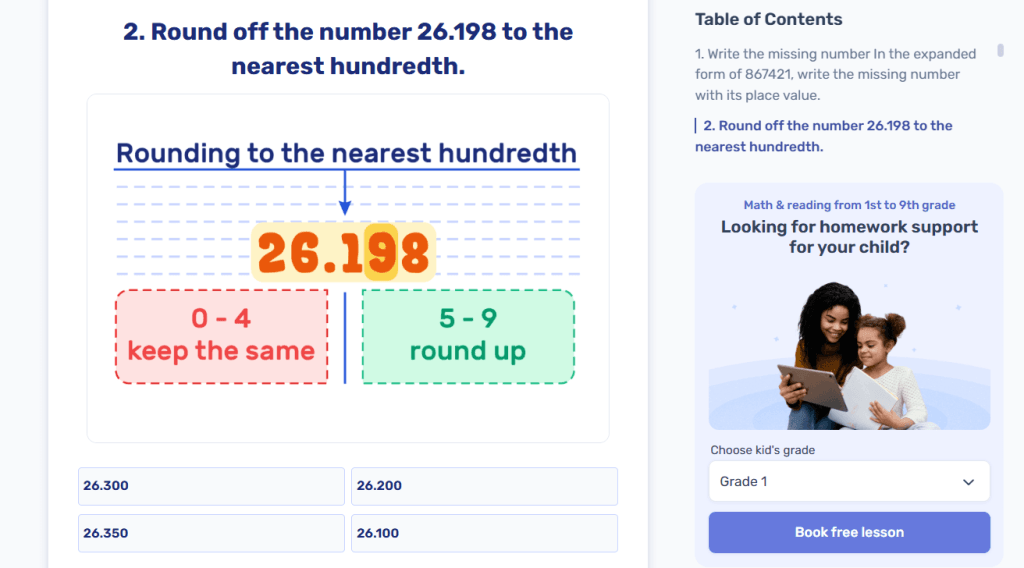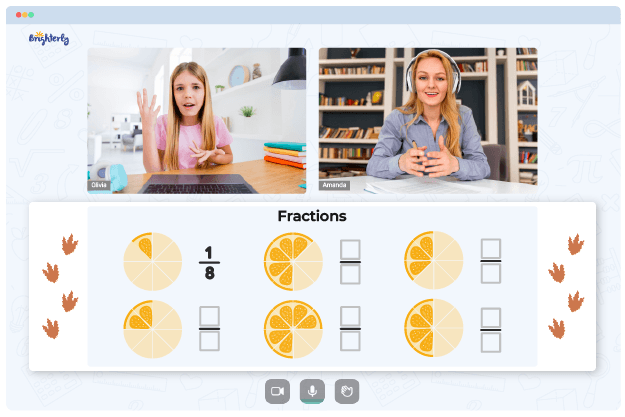Adding Fractions With Unlike Denominators Worksheets
Updated on November 20, 2025
Adding fractions with unlike denominators might seem like an impossible challenge — but it isn’t when your child has the right tactics! Brighterly’s free adding fractions with unlike denominators worksheets are here to help them understand how to make denominators equal and add fractions together.
Add fractions with unlike denominators worksheet: Examples

These worksheets use a mix of question formats, including multiple-choice and free-response questions, to help children think outside the box and solve fraction addition problems easily.
Adding fractions with unlike denominators worksheets PDF [free download]
Downloading these worksheets couldn’t be easier. All you need to do is click the links below. These sheets can be printed and used at home or in school, or used digitally in tutoring sessions.
More fractions worksheets
- Fractions word problems worksheets
- Adding,subtracting, multiplying and dividing fractions worksheets
- Identifying fractions worksheets
Why not check out our complementary fractions worksheets? These resources improve broader knowledge, including identifying fractions and using word problems.
Benefits of adding unlike fractions worksheet
- Helps children master many techniques
- Contains answers
- Uses a variety of questions
- Created by qualified experts
- Comes in an PDF format
Add fractions with unlike denominators worksheet help children master many techniques
There are many ways to add fractions with unlike denominators, with finding the common denominator (bottom number) being the most common one. These adding fractions with different denominators PDF worksheets teach your child all the tactics needed to master fractions.
Note: Teaching children multiple strategies to solve different math problems is a proven method for improving knowledge, according to a Policy Insights from the Behavioral and Brain Sciences journal.
Adding fractions with unlike denominators worksheets with answers
Each addition of fractions with unlike denominators worksheet contains an answer key at the end of the document, which helps children to assess their own work and understand where they went right and wrong. This means they can study independently, increasing their problem-solving skills and confidence in math.
Adding fractions unlike denominators worksheet uses a variety of questions
Each adding fractions with unlike denominators worksheet addresses the topic from multiple angles and uses a range of different task formats. This encourages children to engage more deeply with the topic, thereby improving their critical thinking skills.
Note: The different types of questions in each adding fractions with unlike denominators worksheet include multiple-choice, free-response, sums, equations, and adding whole and mixed numbers.
Adding fractions with unlike denominators worksheet are created by qualified experts
Each Brighterly adding fractions with different denominators worksheet was created by one of our expert tutors. We have a thorough recruitment process to ensure our tutors have the right skills and knowledge to teach your child, so you can be sure of the quality of the resources.
Adding fractions with different denominators worksheet PDF
Each how to add fractions with different denominators worksheet comes in a PDF format, making them a highly versatile resource. For example, they can be printed or completed digitally, giving you plenty of options. Using them as a physical hands-on resource is a great option, but if you don’t have a printer, they can be completed on a computer.
Note: These PDF worksheets can also be used in a range of contexts, from at home to in your child’s classroom and on live tutoring sessions.
Adding fractions with unlike denominators worksheets: Practice
Finished with worksheets and looking for their next challenge? This comes in the form of our test questions. These online quizzes offer instant feedback and let children see how well they can tackle materials for their specific grade.

For more practice tasks, please check out our full range of 5th grade math worksheets today.
Adding fractions with unlike denominators worksheets FAQs
How to use the adding fractions with unlike denominators worksheets step by step?
You use the adding fractions with unlike denominators worksheets step by step by using the following tactic:
- Multiply your denominators by each other
- Multiply each numerator by the opposite denominator
- Once your denominators are equivalent, add your numerators together and denominators together
How to teach adding fractions with unlike denominators worksheet in a fun way?
To teach adding fractions with unlike denominators worksheets in a fun way, work through them together with your child. Because they’re packed with puzzles and games, the learning process will never get boring. You can also teach addition by using real-life objects and totalling them up.
What are some common mistakes when using an adding fractions with different denominators worksheet?
Some common mistakes when using an adding fractions with different denominators worksheet include not following the instructions inside and making your denominators equal. If you don’t find a common denominator, you will likely add your fractions incorrectly. Your denominators will be a factor of your greatest common denominator.









